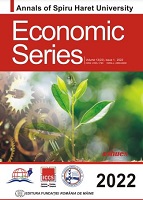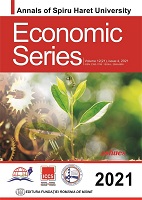
Implementation of e-Commerce Software Solutions on the Example of Valigara Software
The paper will explain the concept, origin and development of e-commerce and the most important online stores, and then implement Valigara software in e-business. Valigara software itself is a unique multi-channel online jewellery sales management system. The authors will do business on ETSY and eBay online stores, as the software is best integrated with these online stores. First, the paper will show how models are created and how variations and without are made from models. Then the products themselves will be placed on the store, the best practices of SEO listing optimization and price insertion. This paper explained how Valigara software works in major online stores, and above all, the author will concentrate on ETSY and eBay. It will explain how the software works, why it is desirable to integrate it, best practices in online stores, and how to promote sales, use promotions, and other opportunities provided by the software itself.
More...
